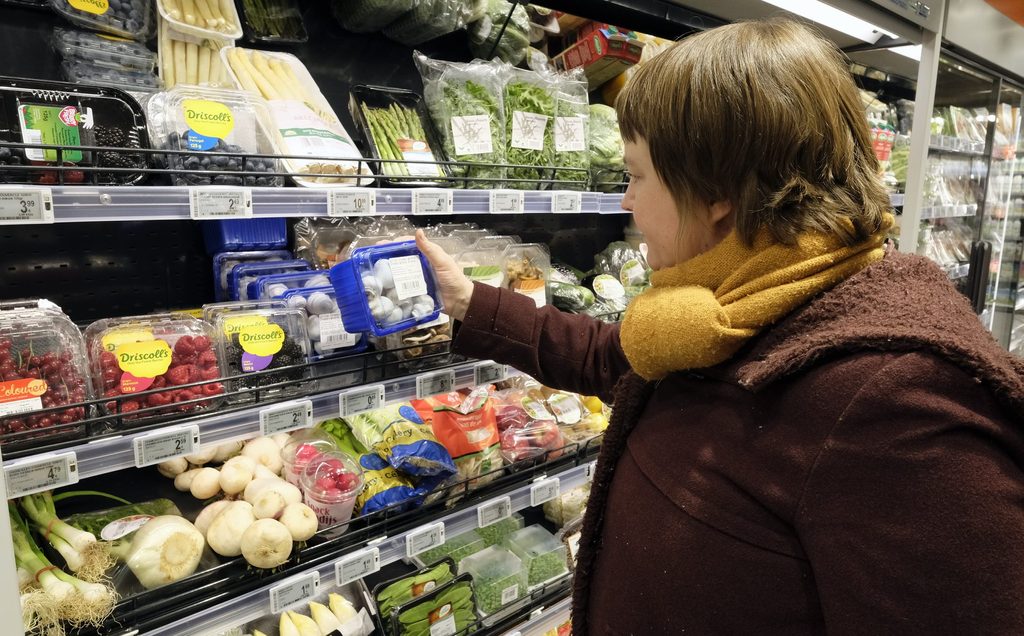Belgium's rate of inflation is lower than in neighbouring countries but food prices hit record highs in 2023.
Inflation fell to 2.3% in 2023, according to an annual report by the Price Observatory of the Federal Public Service Economy. This is a relatively low figure compared to 6% in Germany, 4.1% in the Netherlands and 5.7% in France. These figures were calculated using the Harmonised Index of Consumer Prices (HICP), which allows for comparison between countries.
Despite a relatively favourable position, food prices in Belgium overtook those seen elsewhere in Europe. They increased by a record-breaking 12.3% in 2023, peaking at 16.9% at the beginning of the year and declining steadily to reach 8.3% in the final quarter.
Germany and the Netherlands also experienced historic highs, with 11.3% and 11.7% food inflation increases respectively.
Energy market
The report links the drop in inflation to low energy prices, which experienced a similarly sharp decline (28.4%) in 2023. Milder winter temperatures and concerted energy conservation efforts facilitated the decrease.
The composition of Belgium's energy market played a role too. With an above-average number of providers, wholesale prices have a greater impact on overall inflation. This in turn makes food prices more volatile as well.
Energy prices are still significantly higher than levels from before the Russian invasion of Ukraine in February 2022.

